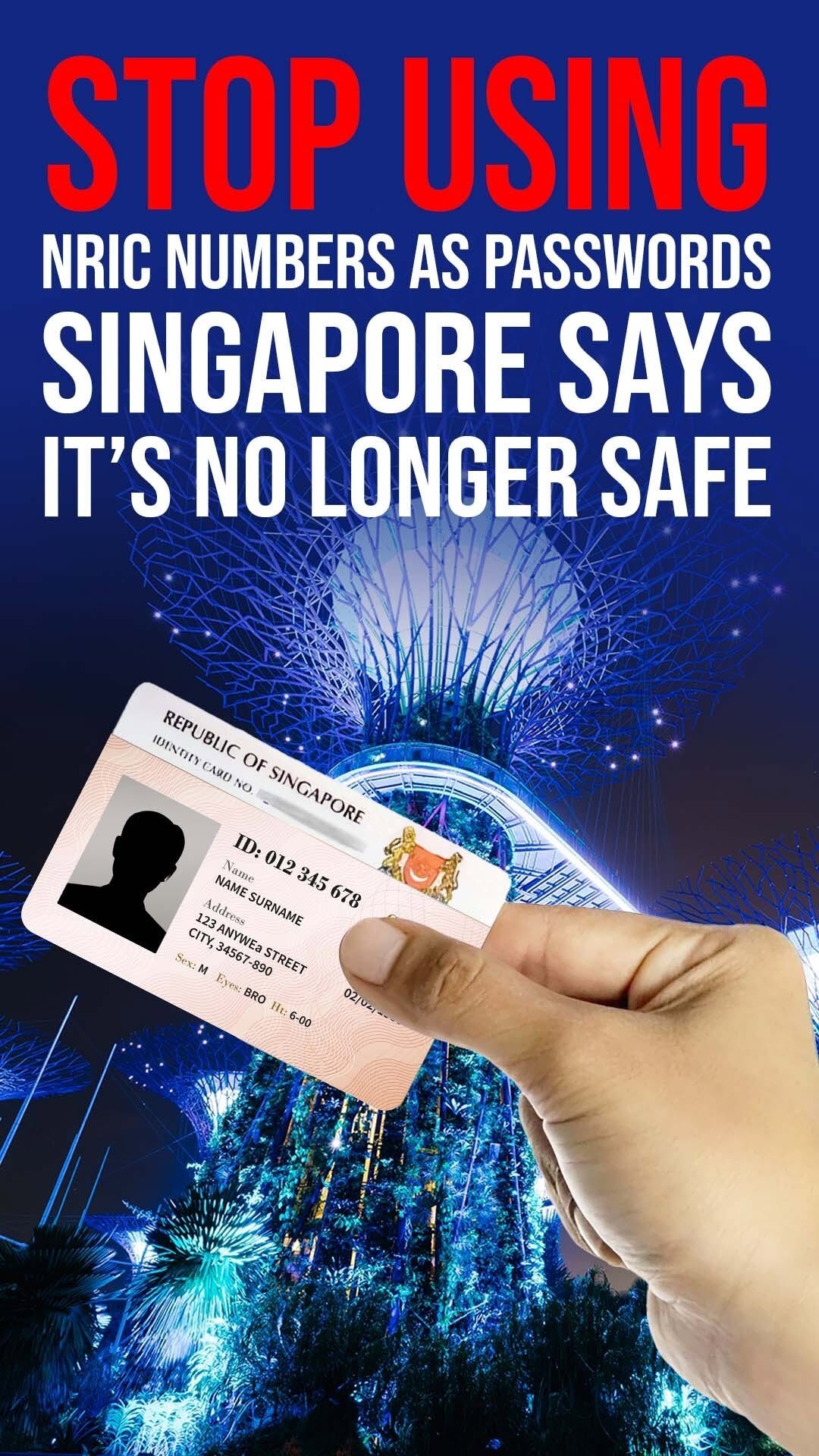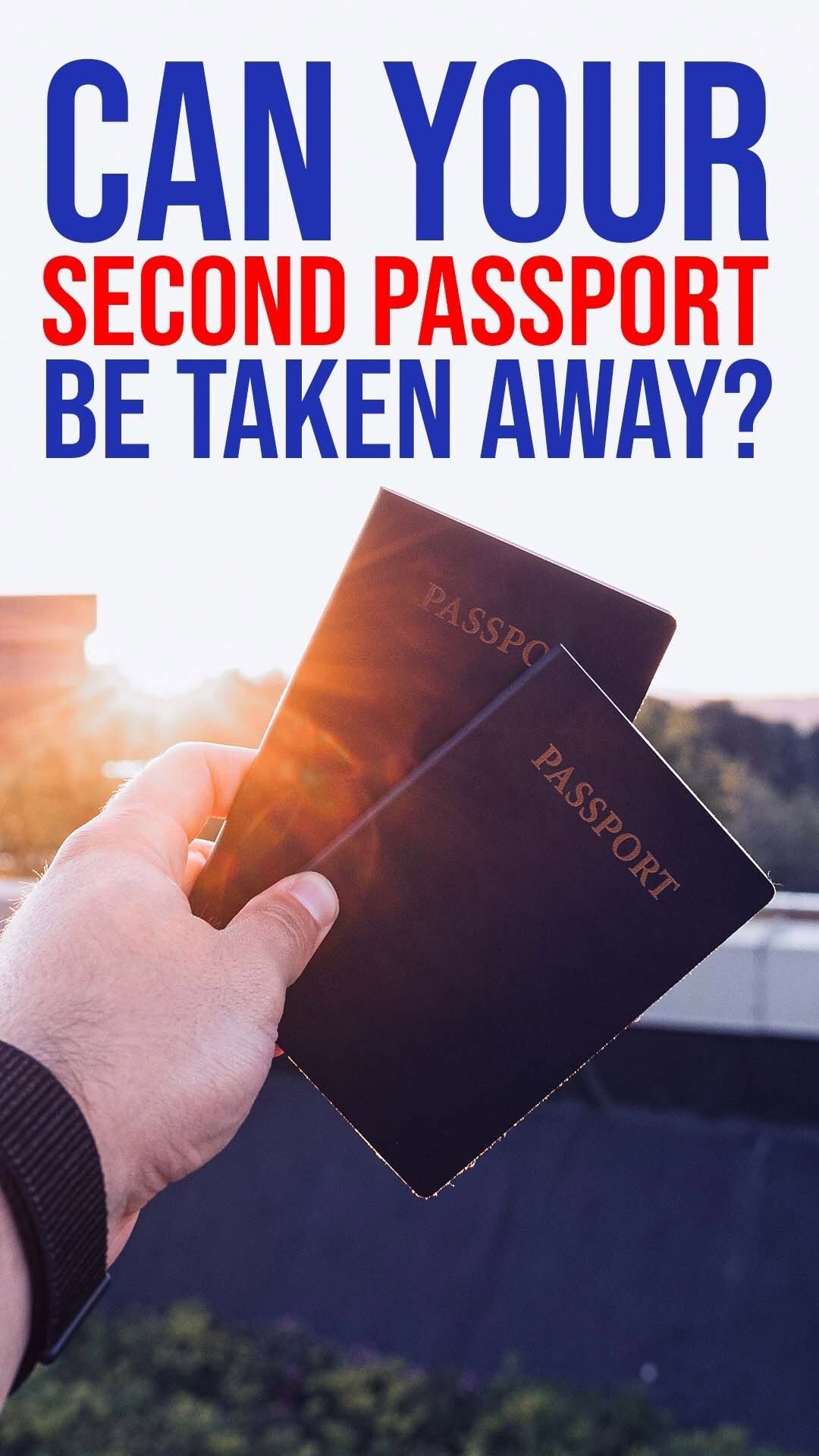

Since 2010, the Global Law Experts annual awards have been celebrating excellence, innovation and performance across the legal communities from around the world.
posted 6 years ago
In the past, contractual dispute resolution provisions were commonly known as ‘late night’ clauses because commercial lawyers and business people only come to discuss them in the closing stages of contract negotiations. They probably copy and paste a litigation jurisdiction or arbitration provision from a previous contract.
Or more likely they don’t consider the issue at all, so the contract ends up saying nothing about dispute resolution method, which would lead any disputes which may arise to be resolved by litigation (state courts) – not really a favorite alternative in international commercial contracts.
This article will review the basic characteristics of the most common dispute resolution mechanisms in commercial contracts such as negotiation, mediation, arbitration and litigation.
The simplest, cheapest and most obvious way to settle a dispute is for the parties to get together to find a solution. Ideally, each party would approach the dispute objectively and unemotionally, seeking a solution.
In practice, the parties may get too involved emotionally and financially to be able to settle the dispute themselves. However, if each party has gone to a lawyer, letters will have been written, allegations will have been made, and the dispute escalated to a point where goodwill disappears.
Therefore, it is recommended that sensible directors of each party will meet and negotiate. Usually, these directors are far more concerned with reaching a solution based on both parties’ ‘ongoing business interests’ rather than establishing the parties’ legal rights in the dispute.
Reaching amicable settlement has nothing to do with justice; it has to do with looking to the future and not being hung up on the past.
If direct negotiation fails, the parties can agree to appoint a neutral third party (a mediator) who will assist the parties to negotiate a sensible agreement to settle their dispute. A mediator doesn’t make decisions for the parties; instead he/ she assists the parties to understand each other’s point of view and come to an agreement.
In practice, the appointed mediator schedule a meeting with both parties to listen to a summary of the dispute and the arguments of both sides, then, if required, meet in private (‘caucus’) with each side. The mediator’s main objectives are to help the parties defining their points of dispute, identifying areas of agreement, evaluating the strengths and weaknesses of their case, and certainly remind them about the enormous amount of damage in time, money and goodwill which may be caused to the parties if they are unable to reach agreement at this stage.
Recently, mediation has become popular as a method of solving business disputes between the parties, especially of international nature.
In a famous case in England, an English court refused to allow the winning party to recover the costs of litigation because it has refused the losing party’s request to mediate prior to going to court.
If the parties fail to reach agreement during either negotiation or mediation, they will resort to litigation or arbitration procedures to settle their dispute (as agreed in the dispute resolution clause in their contract). However, if the parties have failed to include an arbitration clause in their contract, litigation before state courts (usually of the country where the contact has been executed) will be their method of resolving their dispute.
Although resolving disputes in commercial contracts of international nature through a state court is not a favorite alternative, it may be beneficial in some cases. For example a franchisor with several franchisees, all having signed the same standard form of franchise agreement, may wish to have a clause of the standard franchise agreement decided once and for all to establish a precedent and avoid future litigation by other franchisees on the same clause.
In practice, in international business relationships neither party is eager to trust the resolution of the dispute by the other party’s state courts. Each party suspects, correctly or not, that the other party’s home courts will offer an advantage, at the very least, familiar procedures, customs, advocates and language. However, by choosing international arbitration, the parties create an equally inconvenient playing field.
Unless the parties have clearly agreed in their ‘Dispute Resolution Clause” to refer any disputes arising out from their contract to arbitration, states courts shall have jurisdiction. However, the parties may consent to submit their dispute that has already arisen to arbitration, which, in practice, is almost impossible to happen after the relations break down.
Arbitration offers substantial advantages, especially in international commercial disputes such as: neutrality, flexibility, privacy and confidentiality, expertise, enforceability.
Neutrality: one of the main advantages of international arbitration is the appointment of an arbitrator (tribunal) who must be neutral and impartial while deciding on the dispute between the parties.
Flexibility: the parties and the tribunal shall agree on the procedures and time table which suit the circumstances of the parties and the dispute. In some cases the tribunal may decide the dispute merely on the basis of documents without ever meeting the parties or their lawyers.
Privacy and confidentiality: a basic principal before state courts is that proceedings must be carried on in public – justice must be seen to be implemented. Arbitral proceedings are private and confidential, unless otherwise agreed by the parties.
Expertise: the parties may not select a judge in a state court. They, however, can choose an arbitrator with specific expertise in the dispute in question.
Enforceability: a major advantage of international arbitration is the New York Convention on the Recognition and Enforcement of Foreign Arbitration Awards. This convention gives the holder of an arbitration award the right to enforce its award in any of the states signatories to the NY convention. The NY Convention is the backbone of international arbitration today.
Certainly, a badly drafted arbitration clause leads to disputes and wasted time and costs.
In a separate article, I shall examine the main points which the parties need to consider when drafting an arbitration clause in a contract.
Ashraf El Motei heads the Dispute Resolution Practice at Motei & Associates, a Dubai based law firm since 2002. Ashraf specializes in commercial and corporate disputes before local courts and international arbitration centers. He is a listed arbitrator at DIAC and registered practitioner before DIFC Courts. For further info on the article, please contact the author at: a.motei@motei.com
posted 8 hours ago
posted 8 hours ago
posted 3 days ago
posted 3 days ago
posted 4 days ago
posted 4 days ago
posted 4 days ago
posted 4 days ago
No results available
Find the right Legal Expert for your business
Global Law Experts is dedicated to providing exceptional legal services to clients around the world. With a vast network of highly skilled and experienced lawyers, we are committed to delivering innovative and tailored solutions to meet the diverse needs of our clients in various jurisdictions.

When your international business faces financial distress, quick action is key! 🔑 Negotiating with creditors, restructuring debt, and understanding insolvency laws can help regain stability. Global Law Experts is here to guide you through your options.
🌍Explore the details on our website.
🔗Link in bio
#GlobalLawExperts #CommercialLaw #BusinessLaw #LegalAdvice #BusinessGrowth #LegalTips #BusinessStrategy #LegalCompliance #Law #LegalKnowledge #LegalAwareness #Law101 #LegalEducation #IntellectualProperty

Running a business is hard enough — lawsuits shouldn’t make it harder. 🚫 Protect your business with the right legal strategies and expert tools from Global Law Experts. Let’s secure your future together! 💼
🌍Explore the details on our website.
➡️www.globallawexperts.com
#GlobalLawExperts #CommercialLaw #BusinessLaw #LegalAdvice #BusinessGrowth #LegalTips #BusinessStrategy #LegalCompliance #Law #LegalKnowledge #LegalAwareness #Law101 #LegalEducation #IntellectualProperty #Infringed #Ecommerce #LegalBranding

Using NRIC numbers as passwords or identity proof? That era is done. Strengthen your security with multi-factor authentication and biometrics—because your clients' trust depends on it.
#SingaporeLaw #DataPrivacy #CyberSecurity #PDPA #NRIC #MFA #StrongAuthentication #LegalCompliance #ClientTrust

Swiss law protects secured lenders—with precision. From real estate to IP and bank accounts, every asset counts—just as long as it’s defined, documented, and delivered.
#SwissLaw #SecurityInterest #Collateral #InternationalLending #SwissFinance #LegalCompliance #GlobalBusiness #AssetSecurity

Gold trading in Saudi Arabia isn’t just a business—it’s a lab test, a permit, and a legal tightrope. Want to succeed? Start with compliance, hallmarking, and permits—or risk losing it all.
#GoldTrading #SaudiLaw #PreciousMetals #BusinessSetup #LegalCompliance #GlobalBusiness #SaudiArabia #TradeRigour

Second citizenship isn’t permanent—especially if you break the rules. Know the risks and how to safeguard your status: be transparent, stay lawful, and honour all citizenship requirements.
#SecondCitizenship #CitizenshipRisks #DualNationality #Compliance #GlobalMobility #LegalAdvice #ImmigrationLaw

Send welcome message